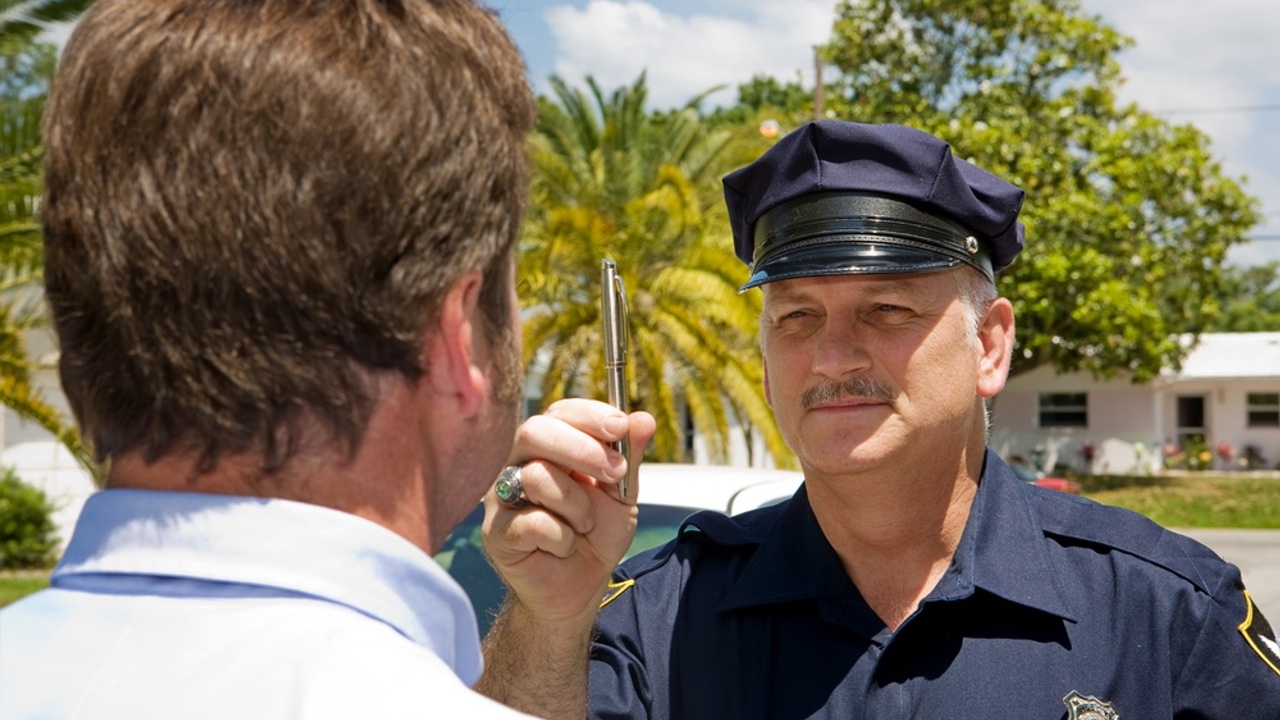Blog
Vestibular Forensics: The Vestibular System and Spatial Disorientation
Most of us do not think about the vestibular system until something goes wrong. Yet this hidden sensory system works constantly in the background, keeping us upright, stabilizing our vision when we move our head, and even helping regulate blood pressure when we change posture. However, when vestibular input is impaired, the consequences can be profound: dizziness, disorientation, blurred vision, or even catastrophic accidents in aviation and spaceflight.
Understanding the vestibular system and spatial disorientation not only improves clinical care, but also explains why pilots crash, why astronauts get sick, and why patients describe feeling like they do.
The Vestibular System and Its Role...
PPPD Demystified: Understanding Persistent Postural Perceptual Dizziness

Persistent Postural Perceptual Dizziness (PPPD or 3PD) is a chronic functional vestibular condition that can be a challenge to manage. While it isn’t caused by structural damage or psychiatric disorders, it’s one of the most common reasons people experience long-term dizziness. This condition is especially prevalent in specialized dizziness centers, where understanding PPPD can make a big difference in patient care. Let’s take a closer look at its symptoms, history, and what healthcare providers need to know. We hope that in sharing what we have found, this helps you better understand this challenging condition and improve patient outcomes.
What Does PPPD Look Like?
Patients with PPPD ofte...
The Storage Velocity Mechanism: A Guide for Vestibular Therapists

In an effort to better understand the Storage Velocity Mechanism (SVM) and its clinical significance—something that isn’t talked about much in courses—I decided to dive deeper into what it is, why it matters, and what I should know as a vestibular therapist. Here’s what I found.
What is the Storage Velocity Mechanism?
As we know, the semicircular canals detect angular acceleration. However, with motion at a steady speed the cupula in the semicircular canal returns to its resting position within 7 seconds. Despite this, we can maintain visual stability during sustained rotations, thanks to the Storage Velocity Mechanism (SVM).
The SVM essentially integrates and "stores" velocity informa...
Best Mobility Aid: Walking Poles vs. Nordic & Trekking Poles

Maintaining mobility and activity levels in patients with balance issues is essential for their overall well-being. Falls are a leading cause of losing independence in older adults, making fall prevention a key priority. As healthcare providers, we must balance the need to reduce fall risks with keeping patients active. This is where ambulatory aids like walking, Nordic, and trekking poles can make a significant difference. In this post, we’ll review the benefits, differences, and sizing of these poles, and how to determine which is the best option for your patients.
1) Walking Poles: Stability and Confidence on the Go
Designed to provide stability, they can help patients maintain balance ...
Understanding Third Window Syndrome (TWS)

As healthcare providers, we occasionally encounter patients with dizziness that does not fit the usual patterns of vestibular disorders. One such condition is Third Window Syndrome (TWS), which most commonly presents as Superior Semicircular Canal Dehiscence (SSCD). There are other presentations of TWS aside from SSCD and TWS itself was first described by Minor in 1998.
In this blog, we will cover what TWS is, its causes, symptoms, triggers, diagnosis, and treatment options.
What is Third Window Syndrome?
Third Window Syndrome (TWS) encompasses a group of inner ear disorders characterized by an abnormal opening or thinning in the bony structures of the inner ear. The most well-known form...
Acoustic Neuroma Review

As a healthcare provider, seeing patients with various medical conditions is part and parcel of our daily routine. However, there are certain conditions that are relatively rare, but require keen attention and understanding for effective management should they occur. One such condition is an acoustic neuroma, also known as vestibular schwannoma. In this blog, I will provide insights into what an acoustic neuroma is, its prevalence, clinical presentation, conservative treatment principles, and indications for surgery. Then, if you want to take a deeper dive, I'll provide some of my favourite resources at the end of the this blog.
Understanding Acoustic Neuroma:
Acoustic neuroma is typicall...
What is Alice in Wonderland Syndrome (AIWS)?

Have you ever wondered why Lewis Carroll's "Alice in Wonderland" seems like such a trippy and surreal journey? Well, there's a fascinating theory that connects this whimsical tale to a peculiar phenomenon known as "Alice in Wonderland Syndrome" or AIWS. This syndrome is closely associated with migraines and can offer a curious glimpse into the world of distorted perceptions. It has been said that Lewis Carroll himself had migraines, so this may be a tale expressing what he was experiencing personally.
What is Alice In Wonderland Syndrome or AIWS?
Alice in Wonderland Syndrome (AIWS) is a rare and intriguing neurological condition, often linked to migraines. But, it can also be triggered by ...
What Is Autoimmune Inner Ear Disease?

The intricate complexity of the human body's immune system is a remarkable defence mechanism that protects us from harmful invaders. However, in certain cases, this defence mechanism can go awry, leading to a range of autoimmune disorders. One such disorder that remains relatively lesser-known but can have profound effects on an individual's life is Autoimmune Inner Ear Disease (AIED). In this blog we will shed some light on what AIED is, its causes, symptoms, diagnosis, and available treatment options.
What is Autoimmune Inner Ear Disease (AIED)
Autoimmune Inner Ear Disease (AIED) is a rare condition where the immune system mistakenly attacks the structures of the inner ear, particularly ...
Drugs and Oculomotor Testing

Have you ever wondered about the relationship between drugs and oculomotor testing? From time to time I was curious, but never looked into it until I received an email a few months ago from Ocular Data Systems asking if I could work with them on a project to provide online lessons regarding vestibular physiology and how to analyze nystagmus findings for law enforcement officers, prosecutors, and toxicologists.
It seemed like a unique opportunity, a Canadian physical therapist helping educate law enforcement officers, prosecutors, and toxicologist from the USA. What I did not realize until then is that there is a group of very highly trained non-medical professionals who perform oculomotor t...
What is a Perilymphatic Fistula?

Do you or a patient of yours experience dizziness with coughing, loud sounds, or with sudden altitude changes? If so, the symptoms maybe due to a perilymphatic fistula.
Let’s cover the 5 W’s of what a perilymphatic fistula is. That way we will have a better understanding of what it is, what causes it, and treatment options. 
What is a Perilymphatic Fistula?
A perilymphatic fistula is a hole or defect in one of the two thin membranes of the inner ear, being the round and oval window.
Function of the round and oval window
These two membranes allow for pressure changes in the inner ear. Specifically, the oval window allows for the vibration from the stapes (smallest bone in your body) in t...


